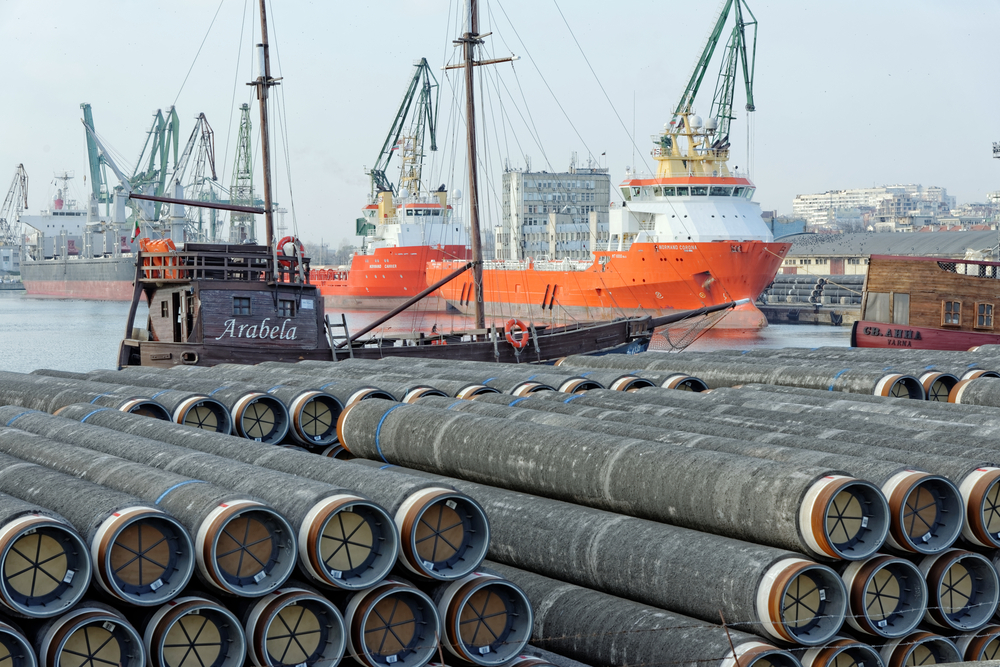
Practical information
The European Union has strongly committed to reduce greenhouse gases emissions for the next decades. In this perspective, renewable energy sources will constitute a great support, but natural gas is also expected to play a key role as a transition fuel to decarbonize the economy. In the context of a declining domestic production, diversification of gas supplies has been a key priority for the EU during the last few years. However, there are strong uncertainties on the potential future gas supplies to Europe coming from North African region or countries in the Mediterranean Basin.
The Institut Français des Relations Internationales (IFRI) and the Energy Chair of Orkestra- Basque Institute of Competitiveness, University of Deusto, are organizing a seminar to discuss the “Geopolitics of gas in the South of Europe”. The seminar will be held in English under Chatham House rule.

9.00-9.10: coffee and breakfast
9.10-9.15: Welcome address by Eloy Álvarez Pelegry, Director, Cátedra de Energía Orkestra, Instituto Vasco de Competitividad and Marie-Claire Aoun, Director, Center for Energy, Ifri
9.15-10.15: presentations
- Europe in the global geopolitical landscape of natural gas
Marie-Claire Aoun, Director, Center for Energy, Ifri
- The North African export potential to Europe
Gonzalo Escribano, Director of the Energy Programme, Real Instituto Elcano
- The perspective of the South corridor
Nicolo Sartori, Senior fellow and Coordinator of the Energy Programme, Istituto Affari Internazionali (IAI)
- What perspectives for the East Mediterranean resources
Didier Bougeard, Vice President Country Delegate Algeria, Total
- The views of the European Commission
Christopher Jones, Deputy Director General, DG Energy, European Commission
10.15 to 11. 20: Q&A, discussion
Conference moderated by Eloy Álvarez Pelegry, Director, Cátedra de Energía Orkestra, Instituto Vasco de Competitividad
11.20-11.30: coffee and networking
Other events

Paris Naval Conference 2026: Naval Rearmament and Operations in Contested Waters
This fourth edition of the Paris Naval Conference (CNP), bringing together high-level military, industrial, and academic speakers, will address the challenges associated with general naval rearmament and naval operations in increasingly contested environments.





